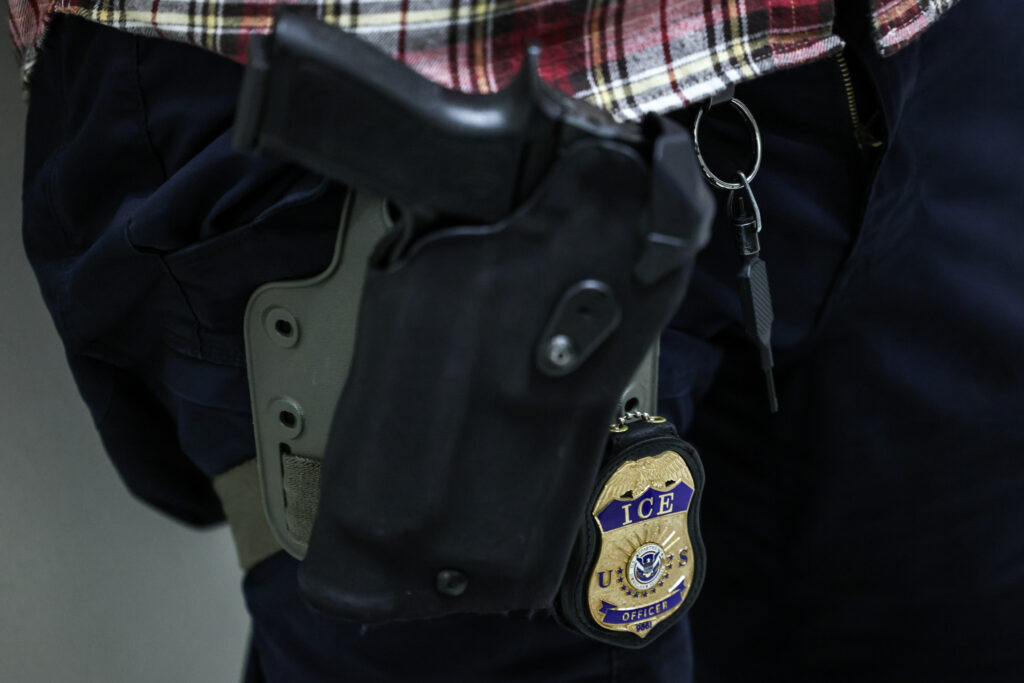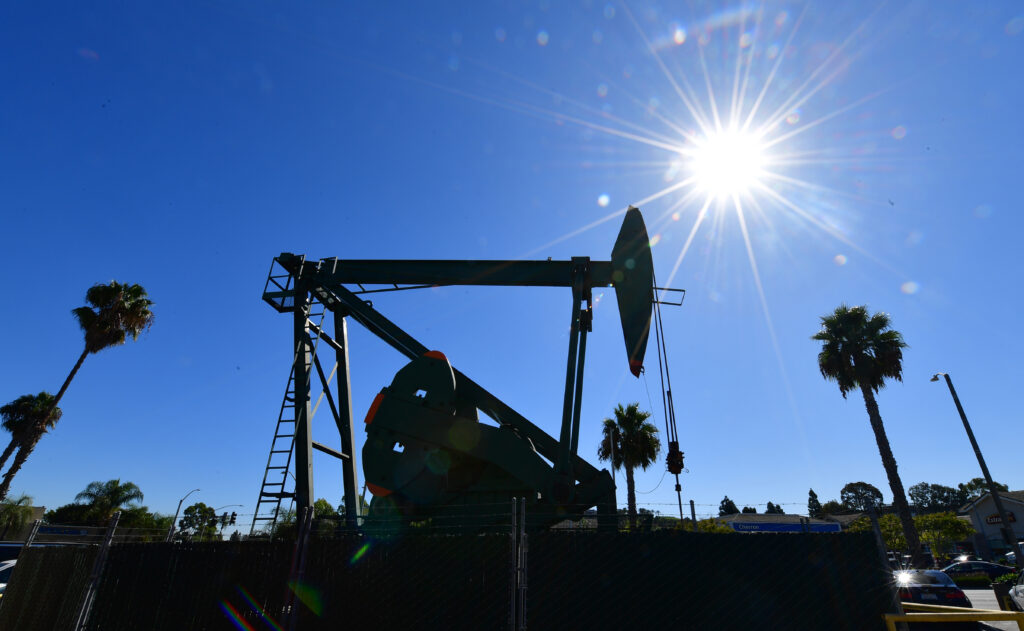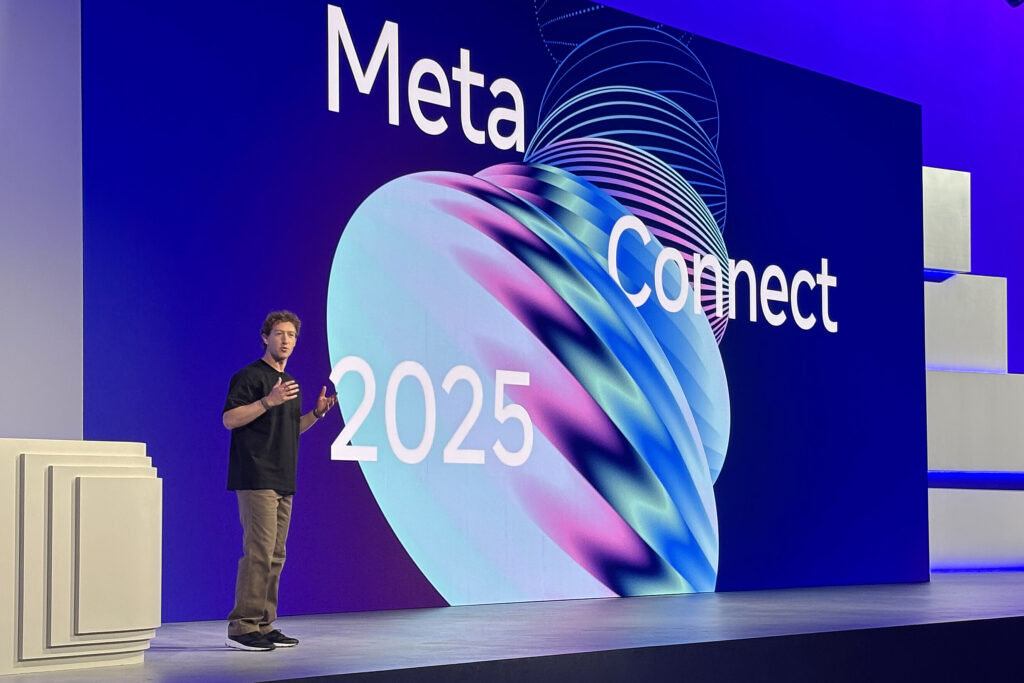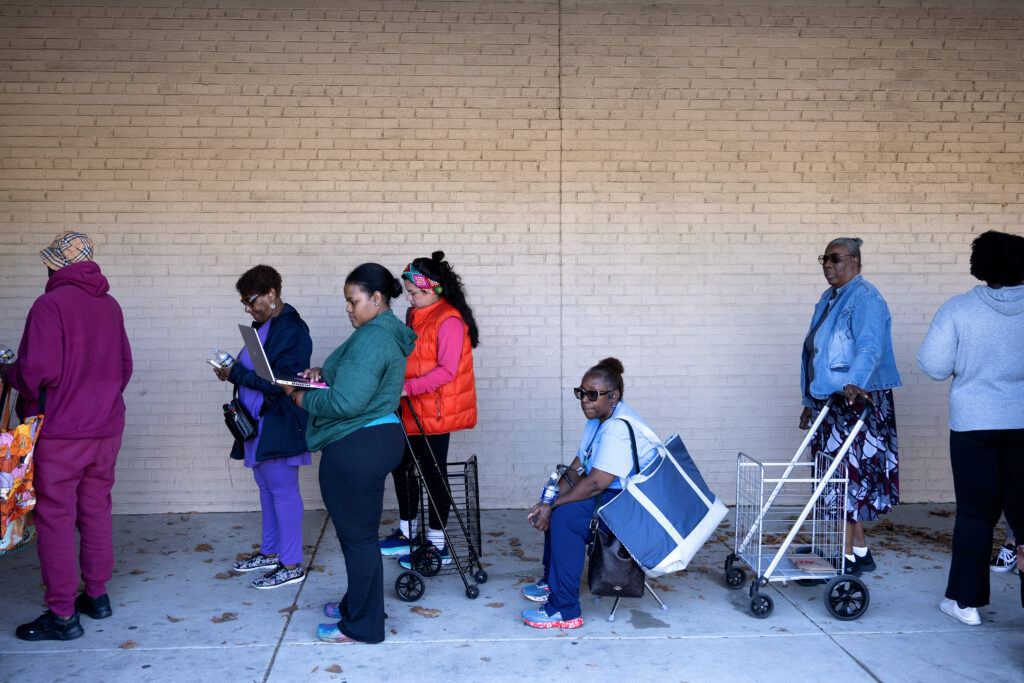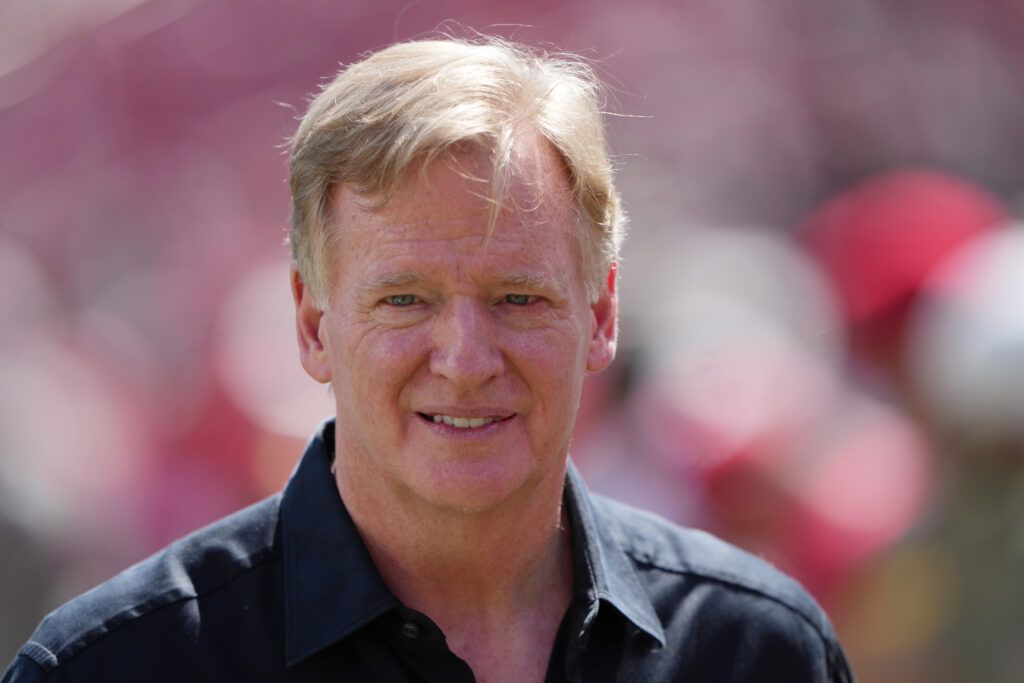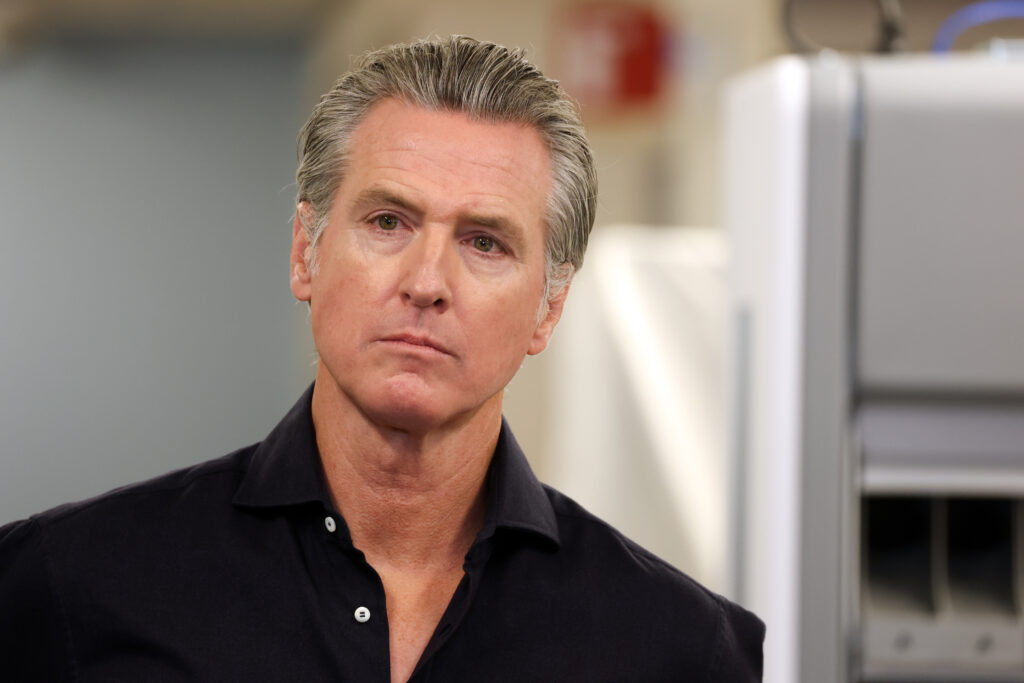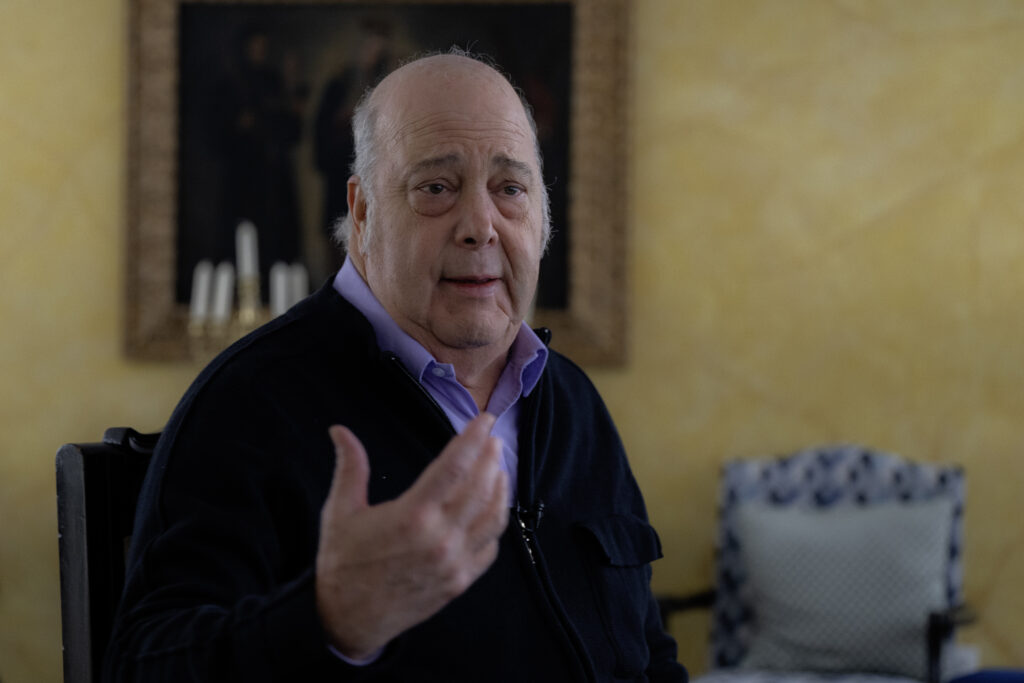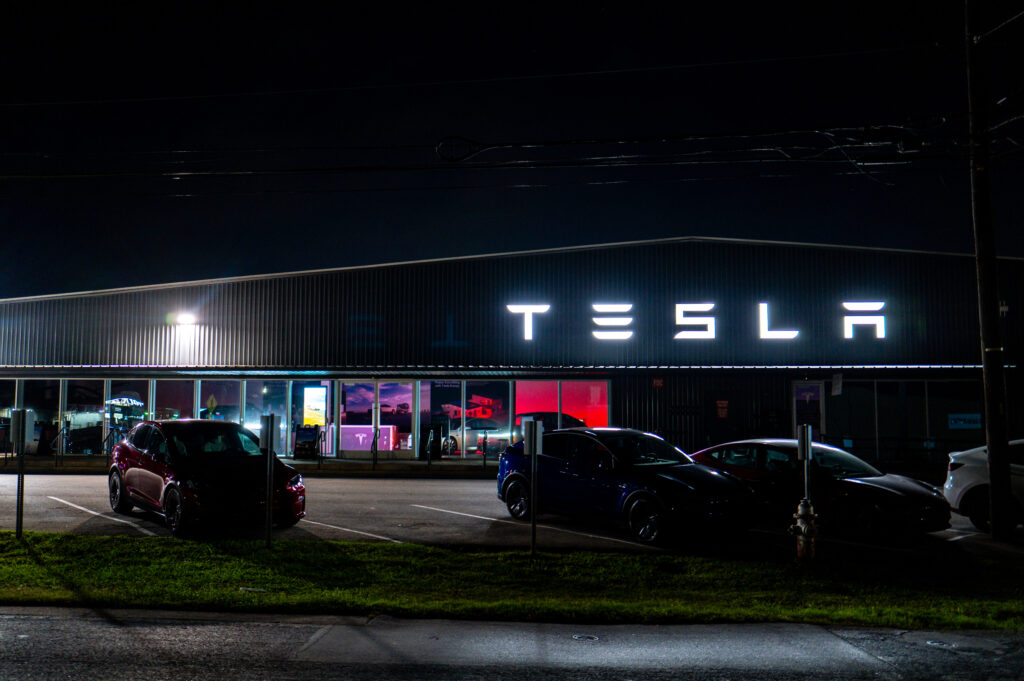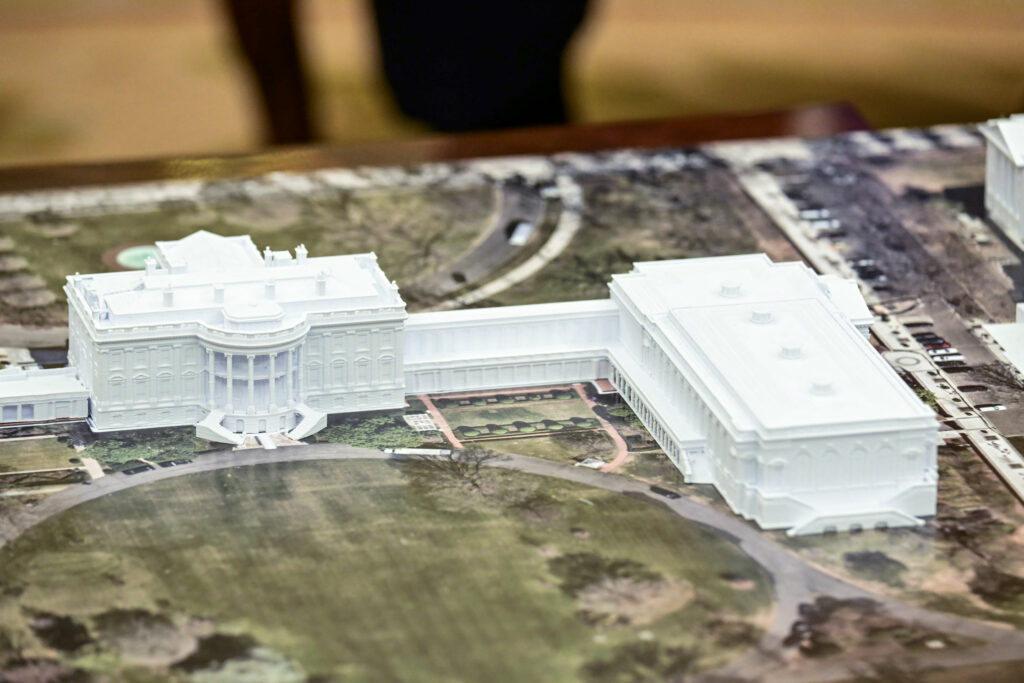Flush with cash, US immigration agency expands weaponry and surveillance
The agency overseeing Donald Trump’s aggressive immigration crackdown is spending tens of millions of dollars on guns, ammunition, body armor and surveillance technology, according to procurement records reviewed by AFP.Spending across the categories is vastly higher than under both the Biden presidency and the first Trump administration.ICE — the Immigration and Customs Enforcement Agency — has been tasked with deporting an unprecedented number of unauthorized migrants from the United States.Data gleaned from federal contracts shows an agency that critics say is transforming itself into a paramilitary force, aided by a budget that now equals or surpasses the military spending of many smaller nations.Since Trump took office on January 20, ICE has placed more than $70 million of purchase orders in the “small arms, ordnance, and ordnance accessories manufacturing” category.By contrast, from January 20 to October 20, 2024, it spent $9.7 million on small arms and accessories in total.This September alone, ICE placed orders for $10 million of firearms and magazines from Quantico Tactical Incorporated, and another $9 million on long guns and accessories from automatic weapons manufacturer Geissele Automatics.The agency also bought more than $10 million worth of body armor, holsters and related equipment in the same month.This extensive purchase of hardware and munitions is happening in tandem with a spending spree on monitoring and surveillance software, records show.In September, ICE spent $3.75 million on software and related services from facial recognition company Clearview AI.In the nine months since the start of the second Trump administration, it has bought products from Magnet Forensics and Cellebrite, both of which make software to extract data from mobile devices, and Penlink, which provides access to location data from hundreds of millions of mobile phones.This is in addition to a $30 million contract with Palantir to build “Immigration OS,” billed as an all-in-one platform to target unauthorized migrants and identify which are in the process of voluntary return to their country of origin.Over the same time period, the agency also reactivated a $2 million contract with Paragon, an Israeli spyware provider.The contract had been placed under review by the Biden administration, after a 2023 executive order prohibiting the purchase of spyware that could pose national security risks to the United States.- 24/7 monitoring -Beyond the contracts that have already been signed, the agency is soliciting proposals for projects that will bolster its social media surveillance.A request for proposals (RFP) published in early October sought responses from contractors capable of creating a social media monitoring center staffed with almost 30 analysts for an around-the-clock operation to “obtain real-time and mission critical person-specific information” from information shared online.Though surveillance operations play an important role in law enforcement activities, rights advocates have long raised concerns over the scope of information collected in the social media age.Large-scale surveillance of social media threatens the right to free expression, said Cooper Quintin, a Senior Staff Technologist at the Electronic Frontier Foundation digital rights group.”If people know that ICE is on social media… looking for anybody who demonstrates any sort of allegiance to their [home] country, that’s going to chill people’s willingness to say anything publicly,” Quintin told AFP.The possibility of buying data through third parties also means that agencies can surveil vast numbers of people without obtaining any warrant, he said.ICE did not respond when contacted with a request for comment from AFP.- Soaring budget -ICE’s recent purchases have been made possible by a flood of money allocated to the agency in the most recent Congressional budget.The Republican budget passed in July gave ICE an operating budget of $75 billion over four years, or $18.8 billion per year on average.This is almost double the agency’s operating budget of $9.6 billion in the previous 2024 fiscal year.Though other government departments are operating at reduced capacity during the government shutdown, ICE and its parent agency, the Department of Homeland Security, have been mostly unaffected.But a spokesperson from the agency confirmed to US media that the Office of Detention Oversight — the division that oversees standards at detention facilities — had been shut down.
